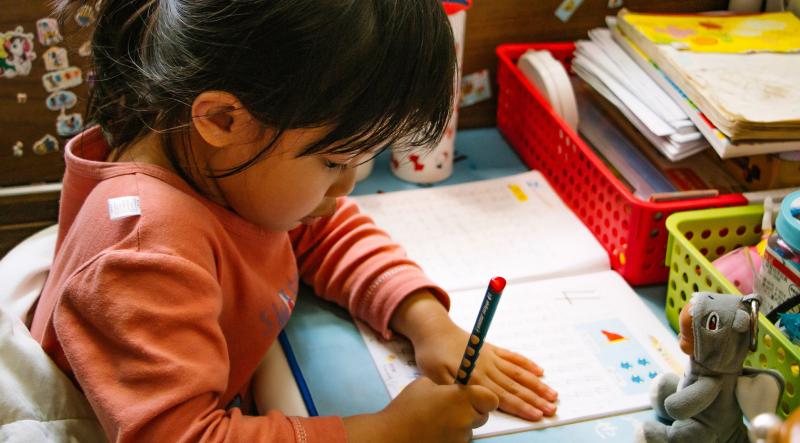
The 15th KIX EAP Webinar will take place on 26 October 2022 (07:00 CEST). This webinar will explore the experiences of three learning assessments that collect evidence on student learning outcomes that can be used to drive education reform across the wider Asia-Pacific region. Two of the learning assessments are large-scale, regional assessments while the third one is an established citizen-led assessment.
The webinar is organized by NORRAG in collaboration with the Australian Council for Educational Research. It will be conducted in English with simultaneous interpretation into Russian and Arabic. Presentations will be brief, well organized, concrete and hands-on with ample opportunity for clarifying questions and sharing own experiences.
About the webinar
The Australian Council for Educational Research will set the scene by giving an overview of how assessment data can be used for reform agendas in the context of SDG 4. Following this overview, the webinar will present the experiences of each assessment program and their perspectives on how evidence can drive reform.
The Pacific Islands Literacy and Numeracy Assessment (PILNA) is a large-scale regional assessment administered by the Education Quality and Assessment Programme (EQAP) of the Pacific Community. PILNA collects evidence of the literacy and numeracy proficiency skills of Year 4 and Year 6 students across the Pacific region, as well as important contexts of students, teachers and principals. PILNA is administered every three years since 2012 in 15 Pacific Island countries. This presentation explores how governments in the region use evidence to inform policy-making.
The People’s Action for Learning Network initiated the citizen-led Early Language and Literacy Assessment (ELANA) in 2021. ELANA assesses the literacy and numeracy skills of children aged 4 to 10 years old. A key aim of ELANA is to understand children’s foundational learning and progress across a learning development continuum. ELANA is conducted one-on-one in households and implemented by local partners. Being household-based, the assessment reaches children in – and out-of-school. This evidence is important for education advocacy and policy in the context of monitoring SDG 4.
Finally, the Southeast Asia Primary Learning Metrics is a regional learning assessment and capacity building program on basic education in six participating countries. It is governed by the Southeast Asian Ministers or Education Association and UNICEF. In addition to generating comparative data on student learning outcomes, the assessment aims to strengthen collaboration and exchange between participating education systems and improve the capacity to use evidence to influence reform.
